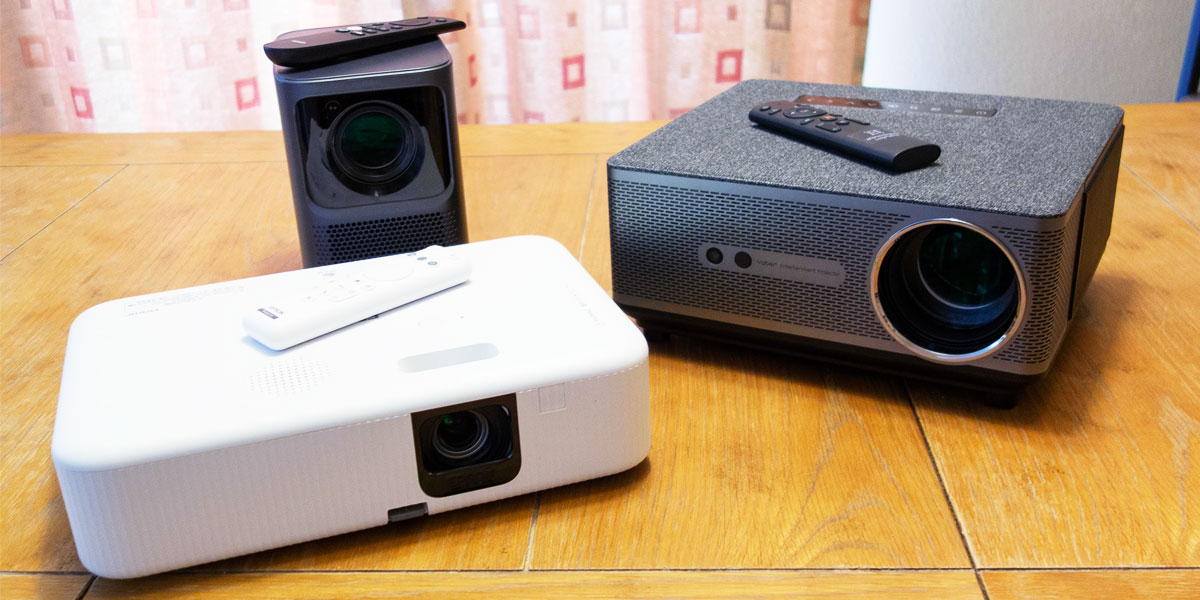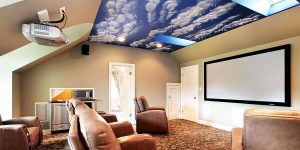Choosing the right projector for home use can transform your entertainment experience. Whether you’re planning movie nights, gaming sessions, or even professional presentations, the device you pick makes all the difference. But with terms like DLP vs LCD vs LED projector being thrown around, the decision can get overwhelming.
In this article, I’ll dissect these terms and guide you through the key differences, advantages, and disadvantages of each technology. By the end, you’ll be equipped to make an informed choice that suits your specific needs and preferences.
Projector types
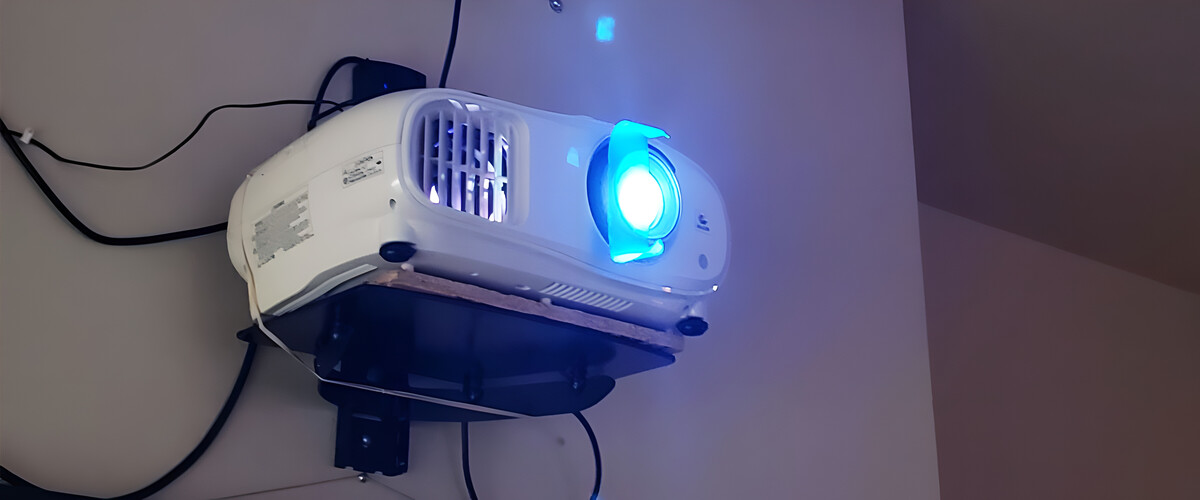
Before diving into the nitty-gritty details of projector technologies, it’s important to understand the primary types you’ll encounter in the market: LCD, DLP, and LED projectors. Each comes with its own set of features, advantages, and disadvantages, influencing various factors like image quality, maintenance, and portability. In the following sections, we’ll break down these types to help you understand what each brings to the table. This way, you can more confidently choose the right projector for your home entertainment or professional needs.
LCD projectors
LCD (Liquid Crystal Display) projectors are a popular choice for many, especially for business and educational settings, though they are also quite effective for home theaters.
Features:
- Utilize liquid crystal panels for image creation.
- Known for high brightness levels.
- High native resolutions for crisp images.
Pros
- Color accuracy: LCDs often deliver more accurate and vibrant colors.
- Low noise: Typically quieter in operation compared to DLP projectors.
- Less rainbow Effect: Less prone to color artifacts.
Cons
- Size and weight: Usually bulkier and heavier, affecting portability.
- Black levels: Struggle with displaying deep blacks.
- Maintenance: Prone to dust spots, requiring more frequent cleaning.
DLP projectors
DLP (Digital Light Processing) projectors use a digital micromirror device chip, making them unique in their projection style.
Features:
- Employ a chip with thousands of tiny mirrors for image creation.
- Brightness levels are generally not as high as LCD.
- Can offer high resolutions, especially in premium models.
Pros
- Sharper images: Typically deliver a more sharply defined image.
- Low maintenance: Less prone to dust-related issues.
- Compact size: Often smaller and easier to transport.
Cons
- Rainbow effect: Some viewers may notice color artifacts.
- Noise levels: Can be louder due to internal mechanics like the color wheel.
- Color accuracy: Not as reliable as LCD in terms of color reproduction.
LED Projectors
LED (Light-Emitting Diodes) projectors are a more modern variant that offers its own set of advantages and drawbacks.
Features:
- Use LEDs as the light source.
- Are generally less bright than both LCD and DLP projectors.
- Resolutions are usually comparable to LCD and DLP.
Pros
- Longevity: The LEDs can last up to 20,000 hours.
- Energy efficiency: Consume less electricity.
- Portability: Usually lightweight and compact, making it easier to move around.
Cons
- Brightness: Not ideal for well-lit rooms.
- Cost: Tend to be more expensive upfront.
- Heat generation: LEDs can produce more heat, which might require additional cooling.
Understanding these pros and cons will enable you to make a more informed decision when choosing a projector that best suits your needs.
Factors to consider for home use
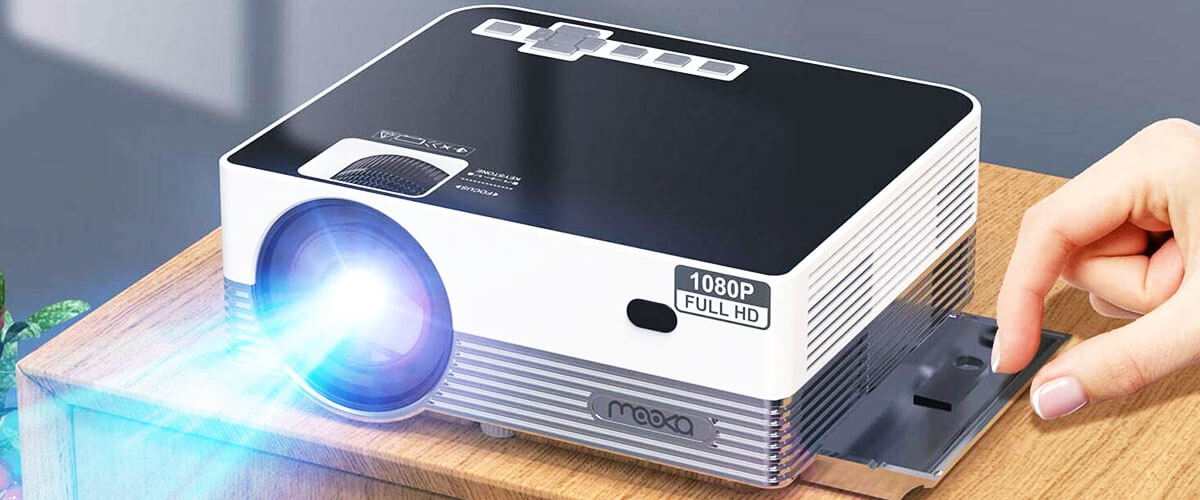
Choosing a projector for home use is not just about picking the most expensive or technologically advanced model. Your choice should align with your specific needs and the conditions in which the projector will operate. Below, we outline some key factors to consider before making your purchase.
Room size and ambient light conditions
The size of the room and the level of ambient light can significantly impact the effectiveness of a projector. For smaller rooms, you don’t necessarily need the highest brightness, but if you’re dealing with a lot of natural light, a brighter projector will be essential. Also, consider the throw ratio—the distance from the projector to the screen—to make sure the projector fits well within your space.
Content type (e.g., movies, games, presentations)
The type of content you’ll be displaying also matters. For fast-paced action movies or gaming, a projector with a high refresh rate is beneficial. If you’re more into documentaries or presentations, color accuracy might be more critical. Always align the projector’s specifications with your content needs.
Budget constraints
Projectors can range from a few hundred to several thousand dollars. Higher-end models offer better image quality, brightness, and features, but you might not need all those bells and whistles for simple home use. Balance your requirements with your budget, and remember that sometimes, the most expensive option is not necessarily the best for your specific needs.
Maintenance and longevity
How much maintenance are you willing to put into your projector? LCD projectors may require more frequent cleaning due to dust, while LED projectors generally have a longer lifespan with less maintenance. Always consider the ongoing costs and time investments for maintaining your projector in optimum condition.
Connectivity options
Lastly, consider how you’ll connect the projector to your video sources. Whether it’s HDMI, USB, or even wireless options, make sure the projector’s connectivity aligns with your devices. Some projectors offer multiple options for greater flexibility, which can be a major advantage.
In summary, it’s not just about picking a projector with the best specifications but one that aligns with your specific use case, space, and budget. Taking these factors into account will help you make an informed decision tailored to your needs.
Comparison: which is best for home use?
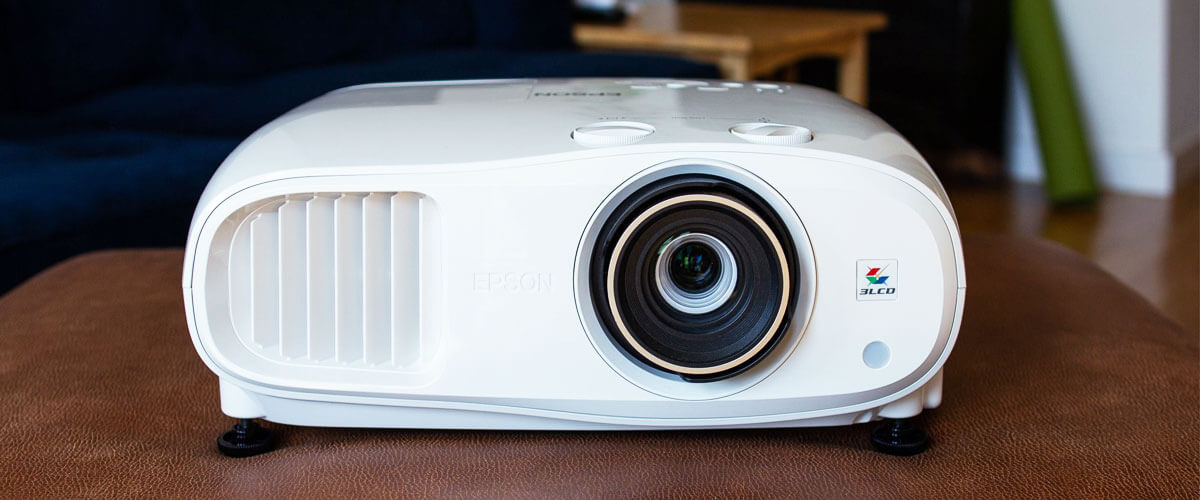
When it comes to choosing the best projector for home use, the answer isn’t a one-size-fits-all. The optimal choice depends on various factors like room conditions, the type of content you’ll be viewing, and, of course, your budget. To simplify your decision-making process, let’s delve into a side-by-side comparison and explore some use cases where each type excels.
LCD vs. DLP vs. LED: A side-by-side comparison
Before making an investment in a home projector, understanding the key differences among the main types — LCD, DLP, and LED — is crucial. This section aims to give you a clear side-by-side comparison of project technologies. This comparative guide I’ve designed to make your decision-making process smoother and more informed so you can choose the projector best suited for your home needs.
| Feature/Type | LCD Projectors | DLP Projectors | LED Projectors |
|---|---|---|---|
| Brightness | High | Variable | Low |
| Color accuracy | High | Medium | Medium |
| Lifespan | Medium | Medium | High |
| Maintenance | Frequent | Less frequent | Least frequent |
| Noise level | Low | Variable | Low |
| Price | Medium-high | Medium | High initial |
| Portability | Lower | Higher | Highest |
Use-Cases and scenarios for optimal performance
- LCD Projectors: Best suited for rooms where color accuracy is a top priority, such as for watching high-definition movies or presentations. They are also effective in well-lit rooms due to higher brightness.
- DLP Projectors: Ideal for gaming and fast-action movies due to the sharper image. They’re also more portable, making them a good fit for temporary setups or moving from room to room.
- LED Projectors: Perfect for users who prioritize low maintenance and long lifespan. They are the most energy-efficient and are often the most portable, making them great for on-the-go setups.
In conclusion, while each projector technology has its merits, the best choice for home use will depend on your unique requirements and circumstances. Consider factors like brightness, color accuracy, maintenance, and, of course, your budget to find the best fit for your home.

